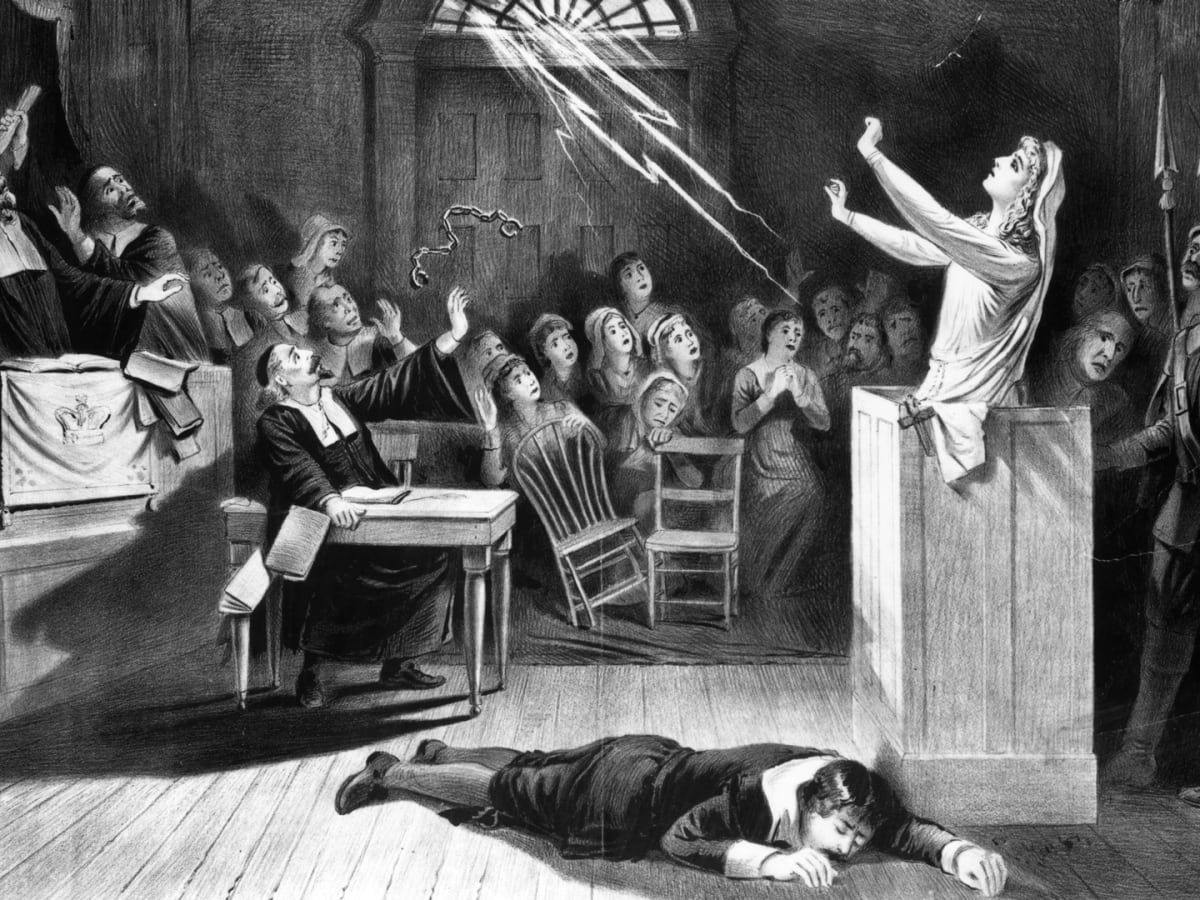The Salem Witch Trials and the Spanish Inquisition are two examples of historical persecution that share some common themes despite their differences. The Salem Witch Trials occurred in colonial Massachusetts, where women were primarily accused of witchcraft based on hearsay, superstition, and ulterior motives. The Spanish Inquisition, on the other hand, was driven to suppress heresy and ensure Catholic orthodoxy, targeting primarily Jews, Muslims, and Protestant Christians. The trial processes were more formal, with prosecutors and judges examining evidence and allowing the accused to present a defense. The Salem Witch Trials lacked due process and legal representation, while the Spanish Inquisition had a more formal trial process. Ultimately, both events serve as cautionary tales about the dangers of intolerance and the importance of due process.
The Salem Witch Trials vs. The Spanish Inquisition: Comparing Historical Persecution and Trial Processes
Introduction
Throughout history, people have been persecuted for various reasons. Some of the most infamous cases of persecution are the Salem Witch Trials and the Spanish Inquisition. These two events are vastly different in how they were carried out, but they have some common themes. In this article, we will compare and contrast the Salem Witch Trials and the Spanish Inquisition in terms of historical persecution and trial processes.
Historical Context
The Salem Witch Trials occurred in colonial Massachusetts in 1692-1693. It was a time of religious fervor, and many people believed in the existence of witches. The Spanish Inquisition, on the other hand, took place in various parts of Spain from the 15th to the 19th centuries. It was driven by the desire to suppress heresy and ensure Catholic orthodoxy.
Accused and Accusations
In the Salem Witch Trials, women were primarily accused of witchcraft. The accusations were based on hearsay and superstition, and the accusers often had ulterior motives. The accused were often subjected to brutal interrogations and forced to confess to crimes they did not commit.
In contrast, the Spanish Inquisition targeted primarily Jews, Muslims, and Protestant Christians. These groups were seen as a threat to the Catholic Church, and people were accused of apostasy, blasphemy, or heresy. The trial processes were more formal, and the accused had a right to defend themselves.
Trial Procedures
The Salem Witch Trials were chaotic and often lacked due process. The accused had little to no legal representation, and the trials were often based on spectral evidence and unsupported accusations. In contrast, the Spanish Inquisition had a more formal trial process, with prosecutors and judges who conducted interrogations, examined evidence, and allowed the accused to present a defense.
Punishments
The punishment for witchcraft in the Salem Witch Trials was execution. Nineteen people were hanged, one man was pressed to death, and others died in prison. In contrast, the punishments for heresy in the Spanish Inquisition ranged from public penance to life imprisonment or even execution.
Legacy
The Salem Witch Trials are remembered as a cautionary tale of the dangers of superstition and mass hysteria. They highlighted the importance of due process and legal representation. In contrast, the Spanish Inquisition is remembered as a dark chapter in the history of the Catholic Church. Its legacy is one of intolerance and persecution.
Conclusion
The Salem Witch Trials and the Spanish Inquisition were two very different historical events, but they shared some common themes. Both were driven by fear and religious conviction. Both resulted in the persecution of innocent people. However, the Salem Witch Trials lacked due process and legal representation, while the Spanish Inquisition had a more formal trial process. Ultimately, both events serve as cautionary tales about the dangers of intolerance and the importance of due process.
